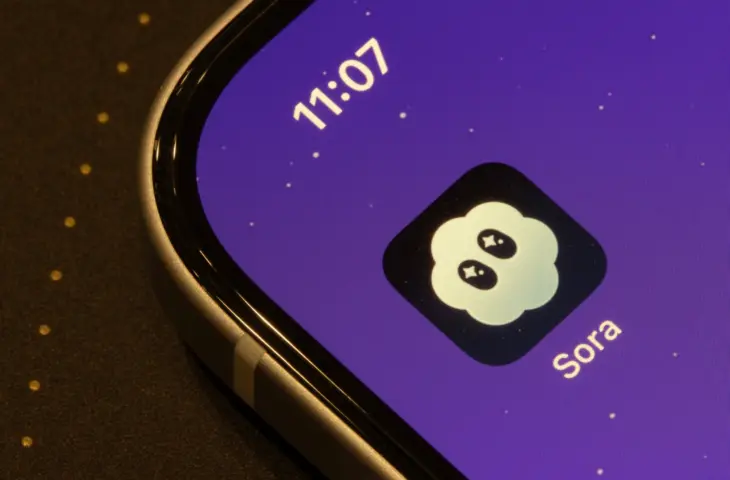Various actors want to halt the use of AI-generated deepfakes through OpenAI’s Sora 2 completely.
Following intense criticism from actors’ unions and Hollywood studios, OpenAI has implemented new rules for its Sora 2 video model, which generates realistic videos based on text prompts. The change comes after concerns about celebrities being imitated without permission.
Famous Faces without Permission
With Sora 2, users can create videos in seconds featuring celebrities, living or deceased, appearing or performing together. Several actors and actresses raised the alarm, reports SiliconANGLE. SAG-AFTRA president Sean Astin spoke of “mass identity theft,” while agencies demanded compensation and stricter rules. “Use without permission or compensation isn’t innovation, it’s exploitation,” according to UTA.
The criticism forced OpenAI to take action. The company stated that “all artists, performers, and individuals have the right to determine if and how they may be simulated.” CEO Sam Altman added that he is “deeply committed to protecting artists from misuse of their voice and likeness.”
Following Grok
Earlier this year, Grok came under fire after xAI released its video generator without restrictions. Users could even generate deepfake nude images of celebrities through the ‘Spicy mode’. This received significant criticism, but unlike Sora 2, Grok’s guardrails have not been adjusted to date. Musk has shared on X that an analysis function will be implemented to prevent deepfakes
